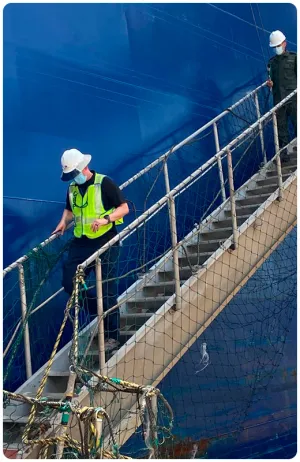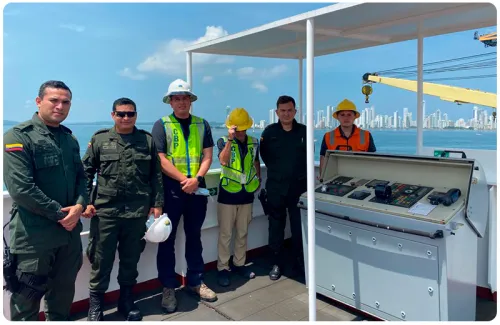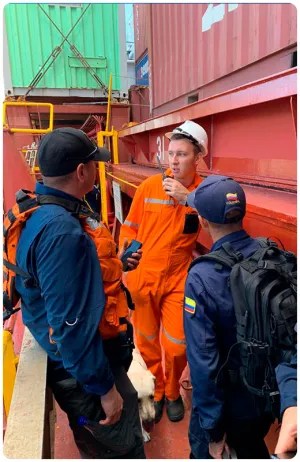The U.S. Customs Service, a CBP legacy agency, launched the Container Security Initiative (CSI), one of the most critical parts of the agency’s layered cargo security strategy, in the wake of the September 11, 2001, terrorist attacks on the United States.
CSI was announced in January 2002, and has made a huge impact during CBP’s first twenty years as it addressed the threats to border security and global trade that potential terrorists pose to the global supply chain. To do so, CSI deploys CBP officers to foreign seaports to work alongside host country government counterparts with the goal of targeting and examining high-risk cargo before it is placed on U.S.-bound vessels.
Now operational in 61 ports, CSI inspections protect global trade between overseas points of origin and the United States. Approximately 65 percent of all maritime containerized cargo imported into the U.S. originates in or transits through a CSI port.
One critical issue CSI addresses is the threat to border security and global trade posed by the potential for terrorist use of a maritime container to deliver a weapon. The initiative helps to ensure containers posing a potential risk for terrorism are identified and inspected at foreign ports before they are placed on vessels destined for the U.S. Because the program heavily depends on cooperative efforts, CBP has stationed teams of officers in foreign countries to work closely with host government counterparts. CSI teams target and pre-screen containers and develop additional investigative leads related to high-risk shipments.
CSI does not just depend on experienced officers; it also uses automated targeting tools to identify high-risk containers and non-intrusive inspection technology to prescreen and evaluate containers before they are shipped to ensure screening is done rapidly without slowing down the movement of legitimate trade. The CSI teams in the field are further supported by CSI officers stationed at the National Targeting Center-Cargo (NTC-C) who help develop targeting rules and conduct research on leads provided by our foreign based CSI teams or other government agencies. CSI staff at the NTC also conduct remote targeting for high-volume ports, review scan images, and mitigate radiation alarms for foreign ports where there is not a CBP CSI presence.
Over the years CSI has expanded its cooperative efforts with foreign partners to address other threats of mutual concern, such as disrupting transnational criminal organizations and drug trafficking organizations. Summing up the benefits and outcomes CSI has realized over the years, CSI Director Keith Fleming said, “The collaboration and trust relationships built between our CSI teams and our host country counterparts is the reason for the success of the CSI program. I’m excited to see what the next 20 years brings for the Container Security Initiative.”




